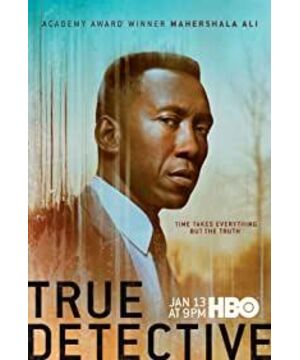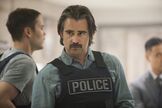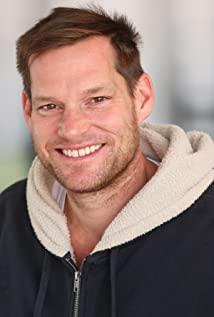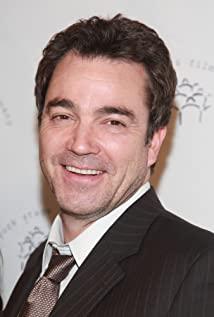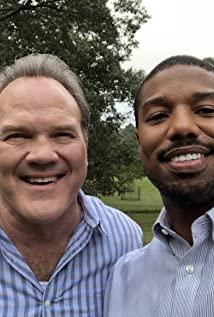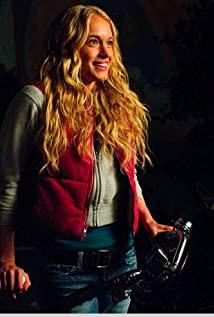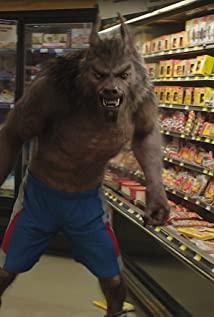best directors, screenwriters and actors come together, this kind of thing is not often the case. The result is that the camera, lines and performance are superbly integrated. The location of Louisiana is majestic and weird, and you can almost smell the freshness and rancid smell in the swamp.
True Detective is a local magazine in the United States in the 1950s. You can imagine how many crime film routines have been passed down from the show. The police detectives who had scattered and evacuated away from the country, with the scars of the past, slept in an empty house with only a mattress. Alcoholic, out-of-group, and whimsical. It's too old-fashioned. I have watched hundreds of such crime films, but True Detective surpasses all similar crime films. As audiences, we finally have to accept one point: all stories tell the same story, and all differences, including plot, age, characters, and scenes, are just the shell of the form (the so-called genre is the shell of some standard models). The real difference lies in the degree of comprehension of the story by the storyteller.
In terms of creation, True Detective's more distant origin comes from Lovecraft, Robert Chambers, Ambrose Bierce, a group of B-level writers in the early twentieth century. The Yellow King is directly taken from Chambers' novel The King in Yellow. Carcosa, and at the end of the fourth episode, the black star rising that the lunatic Ledoux talked about before his death are all elements in this novel.
It is said that during the broadcast of the show, many American audiences hope that the plot will develop in a dark and horrible supernatural direction. If so, the story will be boring, and the solid character image will be shattered. The screenwriter Nic Pizzolatto also said in an interview that the origins and materials of the Lovecraft school are only atmospheric and conceptual, and even a few names are used. The true literary origin is not as good as Faulkner, Conrad, and Ko Paola. Think about it carefully, "Dark Heart", "Apocalypse Now", "True Detective" (a place of misty waters, mad faith, a painful soul that splits the darkness with life) is simply a story.
It can be seen that creation is not a person's work, but a group-continuous thinking activity. If you can't find a good-looking Chinese original novel or script, it is not surprising to think about what the predecessors have written. In addition, the distinction between serious literature and genre literature does not exist, only good-looking and bad-looking stories. Pizzolatto said that if he had to summarize a central idea for his script, it would be everything is a story.
"Cohle tells you that who you think you are, your identity, is a story you tell yourself. He tells us that religion and philosophy are stories we tell ourselves." In
reality, if anyone speaks like Cohle, he must not have What friend. Humans have evolved thinking and can recognize their own existence, but they have not yet evolved to be able to face the nihility of existence. So Cohle said:
"I think human consciousness, is a tragic misstep in evolution. We became too self-aware, nature created an aspect of nature separate from itself, we are creatures that should not exist by natural law. We are things that labor under the illusion of having a self; an accretion of sensory, experience and feeling, programmed with total assurance that we are each somebody, when in fact everybody is nobody."
Many parts of this script are like those written by Nietzsche or Schopenhauer, especially the concept of eternal reincarnation, which is cleverly embedded in a cult killing story. In the end, it gives people the feeling that these evil spirits have really soared and the universe is cold. Chaos.
Time is a flat circle. Death is not the end. Ledoux kept talking before headshot, and greeted death with joy.
"Shut up, Nietzsche!"
This chaotic fission transforms into time and existence, which is death itself.
"Death created time to grow the things that it would kill"
View more about True Detective reviews


